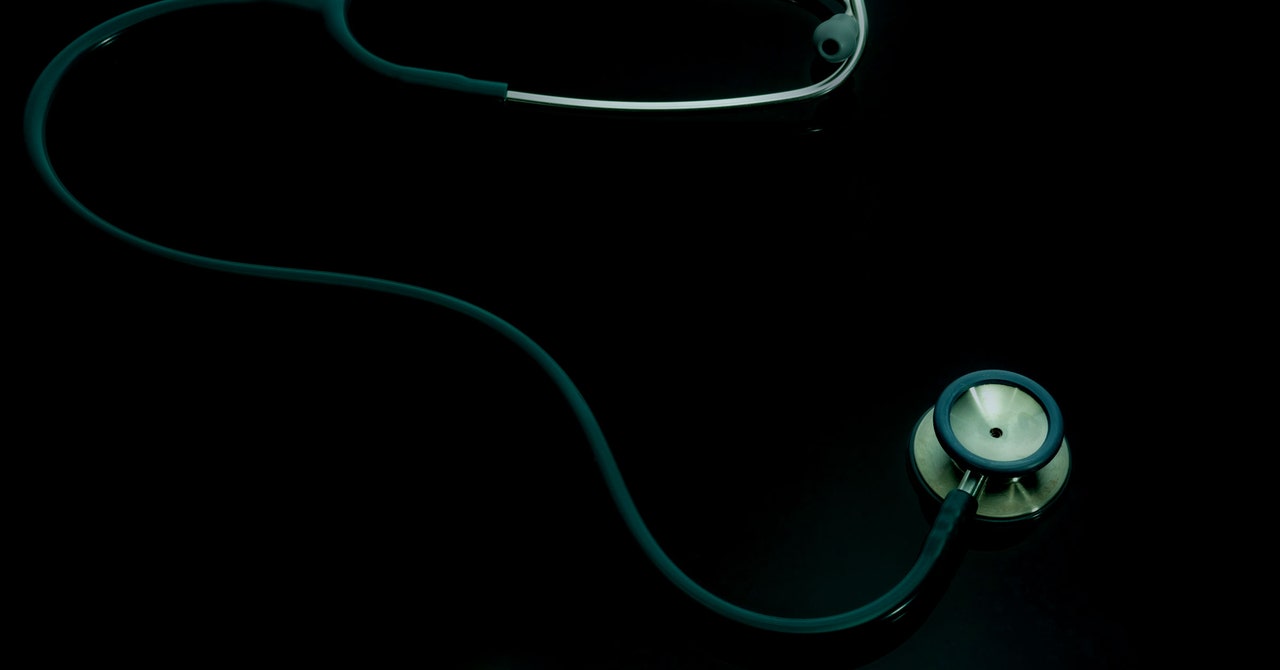In a 2021 statement in federal court, Quentin Van Meter, the president of the American College of Pediatricians, described the organization as a “secular, scientific medical association” whose “views as such are not religious.”
ACPeds has also targeted donors, doctors and other clinicians based solely on their political affiliations, documents show. For example, the group maintains a list of more than 5,000 “conservative doctors,” and records show they are routinely targeted by mailings designed to generate interest in membership.
In 2021, ACPeds requested a proposal from a direct mail fundraising agency on how to boost fundraising efforts and where to spend the windfall. The agency recommended that ACPeds target “30,000 potential conservative donors,” whose donations, it said, would in turn “target conservative professionals in the medical community.” Explaining the services it offers, the agency said it could purchase donor lists from “other like-minded organizations,” and that it could facilitate “exchanges” and “rentals” of other mailing lists if ACPeds so desires.
Information about medical professionals would not be sold or exchanged, the agency said, if the professionals are “existing ACPeds members.” A contract between the group and the agency was finalized in August 2021, the data shows.
Despite its homage to science, the views of ACPeds and its board are deeply rooted in a morality based solely on evangelical religious beliefs. Notes taken during board meetings, which are opened and closed with prayer, show that the directors view consensus science, those with higher degrees, and even the law itself as a threat to the agenda. Prayer is prescribed as “armour” against the group’s alleged opponents, including other Christians whose devotion they deem inadequate.
Minutes from a 2017 board meeting read: “Threats to the College include the Southern Poverty Law Center (SPLC), the Human Rights Campaign (HRC), and the LGBTQ lobbying body, as well as mainstream medicine, psychology, academia, the media , the businesslife. America and nominal Christians, churches and organizations.”
The atmosphere at ACPeds’ private meetings, dozens of which have been meticulously documented, is in stark contrast to the image it aims to project. Conversations about exactly how religious the group can present themselves in public have rolled from one year to the next. At meetings in 2014 and 2015, members discussed the potential benefits of declaring their “recognition of God versus a purely scientific organization.” A note-taker noted that no “final agreement” could be reached on “whether or not to do this”.
Membership data shows that only half of ACPeds’ 700 members are potentially practicing pediatricians, with the number boosted by subscriptions from students, retirees, and so-called “friends” of the organization. Records show the group has also explored expanding its ranks with additional members without medical expertise in response to the lackluster return on costly recruiting efforts.
Debates over whether its religiosity should be harnessed in a more public way were attended by a Catholic lawyer, who in 2014 advised them to “express belief in a deity without being evangelical”. Following the opening prayer at the following year’s meeting, the group’s then president, Michelle Cretella, emulated the lawyer’s advice and reminded members that ACPeds is not a “religious organization,” but a “theistic” organization that “laws of nature.” acknowledges that by a supreme being.

